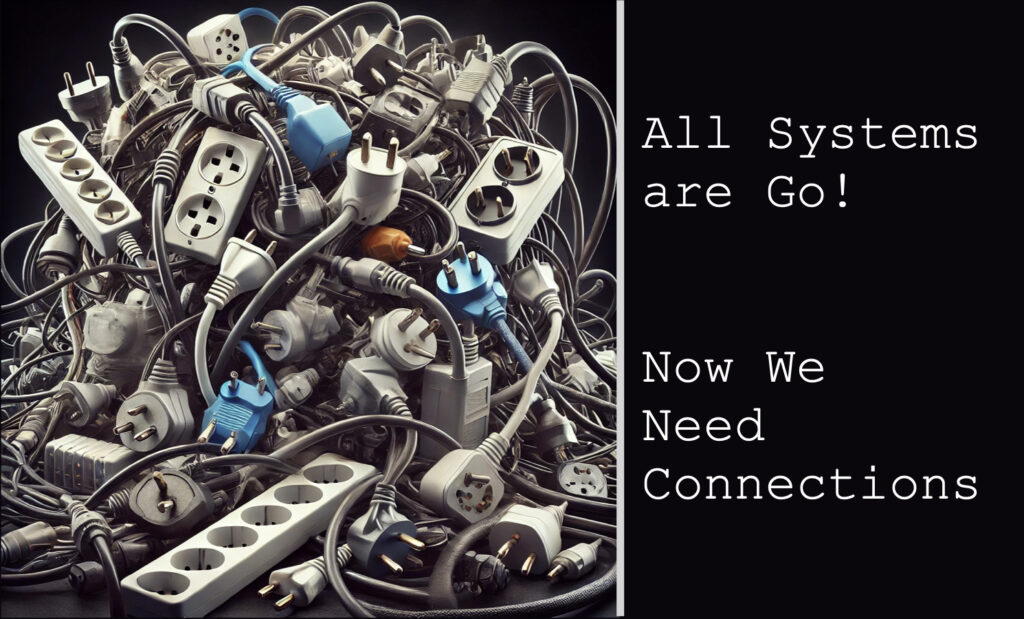
We Asked Why—Now Here’s How
The Power of Data Ownership For the past month on AutomatedBuilldings and Linkedin, I’ve asked the consequential “Why?” And maybe you’re tired of me asking,
Home » BuildingAutomation

The Power of Data Ownership For the past month on AutomatedBuilldings and Linkedin, I’ve asked the consequential “Why?” And maybe you’re tired of me asking,

AHR Expo 2025 Insights Part 2 Walking the floor at AHR Expo 2025, one thing was impossible to miss: Thousands of equipment manufacturers were there,

AI is not just a buzzword in the construction and building management industry – it’s a transformative force. By leveraging AI-powered tools and embracing digital maturity, businesses can unlock new levels of efficiency, innovation, and sustainability in the built environment.

Monday, July 22nd Monday live was a discussion around integrating building silos, focusing on the difference between inter-silo (between different industries/domains) and intra-silo (within the

This post explores the challenges and opportunities of integrating various building systems, or “silos,” to achieve greater efficiency and functionality. It emphasizes the importance of understanding use cases and user requirements to unlock the value of data generated by these systems. By focusing on specific use cases and establishing standards for data exchange, the building industry can move towards a more integrated and efficient ecosystem, benefiting tenants, operations teams, and asset managers alike. The TXO (Total Cost of Ownership) framework provides a useful tool for prioritizing investments in data integration and maximizing financial benefits.

The Power of Data Ownership For the past month on AutomatedBuilldings and Linkedin, I’ve asked the consequential “Why?” And maybe you’re tired of me asking,

AHR Expo 2025 Insights Part 2 Walking the floor at AHR Expo 2025, one thing was impossible to miss: Thousands of equipment manufacturers were there,

AI is not just a buzzword in the construction and building management industry – it’s a transformative force. By leveraging AI-powered tools and embracing digital maturity, businesses can unlock new levels of efficiency, innovation, and sustainability in the built environment.

Monday, July 22nd Monday live was a discussion around integrating building silos, focusing on the difference between inter-silo (between different industries/domains) and intra-silo (within the

This post explores the challenges and opportunities of integrating various building systems, or “silos,” to achieve greater efficiency and functionality. It emphasizes the importance of understanding use cases and user requirements to unlock the value of data generated by these systems. By focusing on specific use cases and establishing standards for data exchange, the building industry can move towards a more integrated and efficient ecosystem, benefiting tenants, operations teams, and asset managers alike. The TXO (Total Cost of Ownership) framework provides a useful tool for prioritizing investments in data integration and maximizing financial benefits.
Our LinkedIn group has more than 5000 members + 24K LinkedIn connections
Email sponsors@automatedbuildings.com